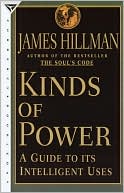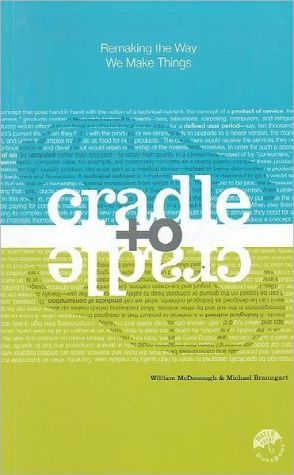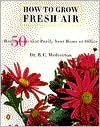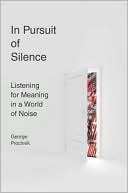Kinds of Power: A Guide to Its Intelligent Uses
Search in google:
In the boldest expose on the nature of power since Machiavelli, celebrated Jungian therapist James Hillman shows how the artful leader uses each of two dozen kinds of power with finesse and subtlety. Power, we often forget, has many faces, many different expressions. "Empowerment," writes best-selling Jungian analyst James Hillman, "comes from understanding the widest spectrum of possibilities for embracing power." If food means only meat and potatoes, your body suffers from your ignorance. When your idea of food expands, so does your strength. So it is with power. "James Hillman," says Robert Bly, "is the most lively and original psychologist we have had in America since William James." In Kinds Of Power, Hillman addresses himself for the first time to a subject of great interest to business people. He gives much needed substance to the subject by showing us a broad experience of power, rooted in the body, the rnind, and the emotions, rather than the customary narrow interpretation that simply equates power with strength. Hillman's "anatomy" of power explores two dozen expressions of power every artful leader must understand and use, including: the language of power, control, influence, resistance, leadership, prestige, authority, exhibitionism, charisma, ambition, reputation, fearsomeness, tyranny, purism, subtle power, growth, and efficiency. Publishers Weekly Power in business, politics and the world of work, to most people, implies competition, domination, control and reward. Rejecting this conventional notion of power as limited and stultifying, Jungian psychoanalyst and prolific author Hillman reconceptualizes power in terms of sustaining continuity, conserving, teaching, caring, bringing out the innate potential in each person or task. Growth, to corporations, means bottom-line results, bigger equals better. But to Hillman, growth is a process of shedding worn-out identities, cleaning up messes, pondering the implications of one's actions for the wider world and for future generations. The core of this highly reflective inquiry consists of short explorations-mythological, philosophical, etymological, psychological-of concepts like influence, tyranny, ambition, office and decision. Readers seeking immediate practical guidance will be disappointed; others may find in this humane essay more subtle and long-lasting keys to empowerment. (Apr.)
Opening the Book1Pt. 1The Changing Heroics of Power25Efficiency33Growth45Service66Maintenance83Pt. 2Styles of Power93The Language of Power95Control109Office116Prestige120Exhibitionism125Ambition131Reputation135Influence141Resistance144Leadership148Concentration156Authority160Persuasion167Charisma172Rising176Decision180Fearsomeness185Tyranny189Veto196Purism199Subtle Power204Pt. 3Myths of Power - Power of Myths217Closing: On Power and Powers243Index251








